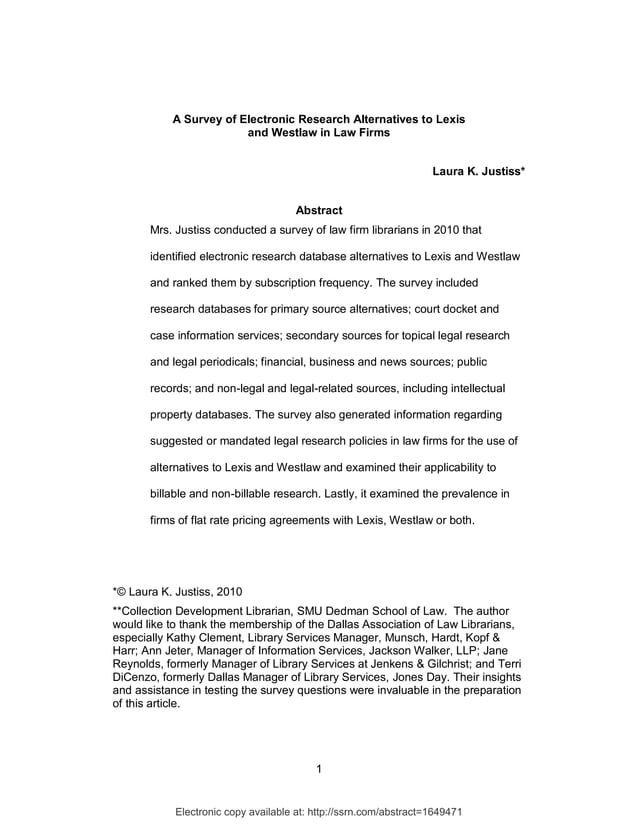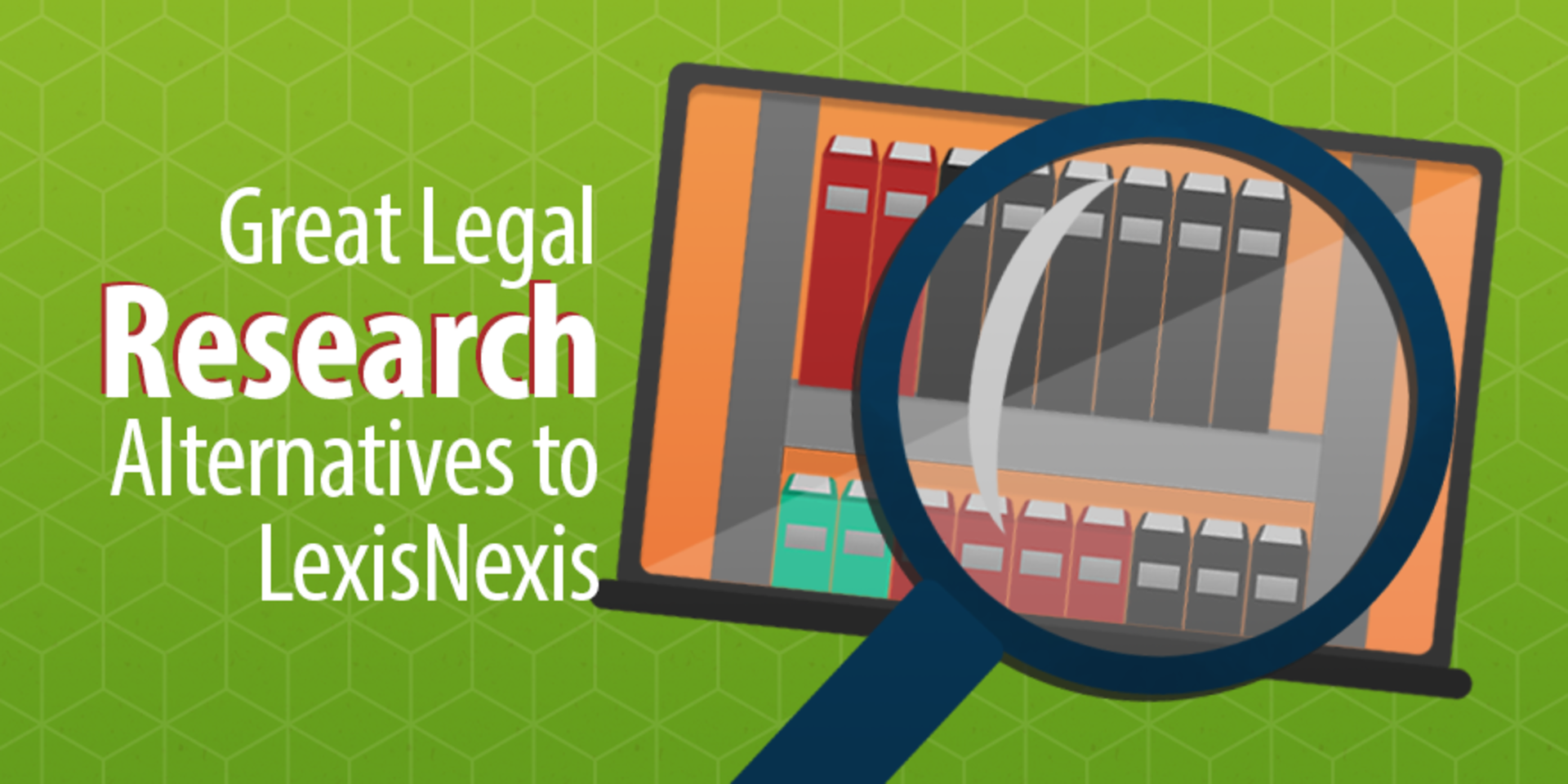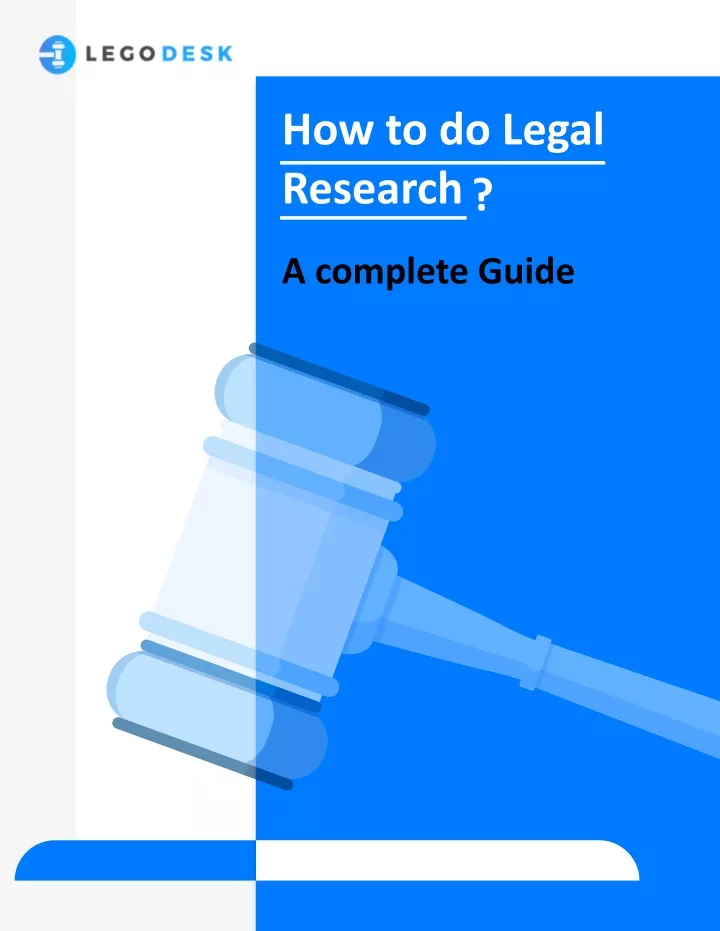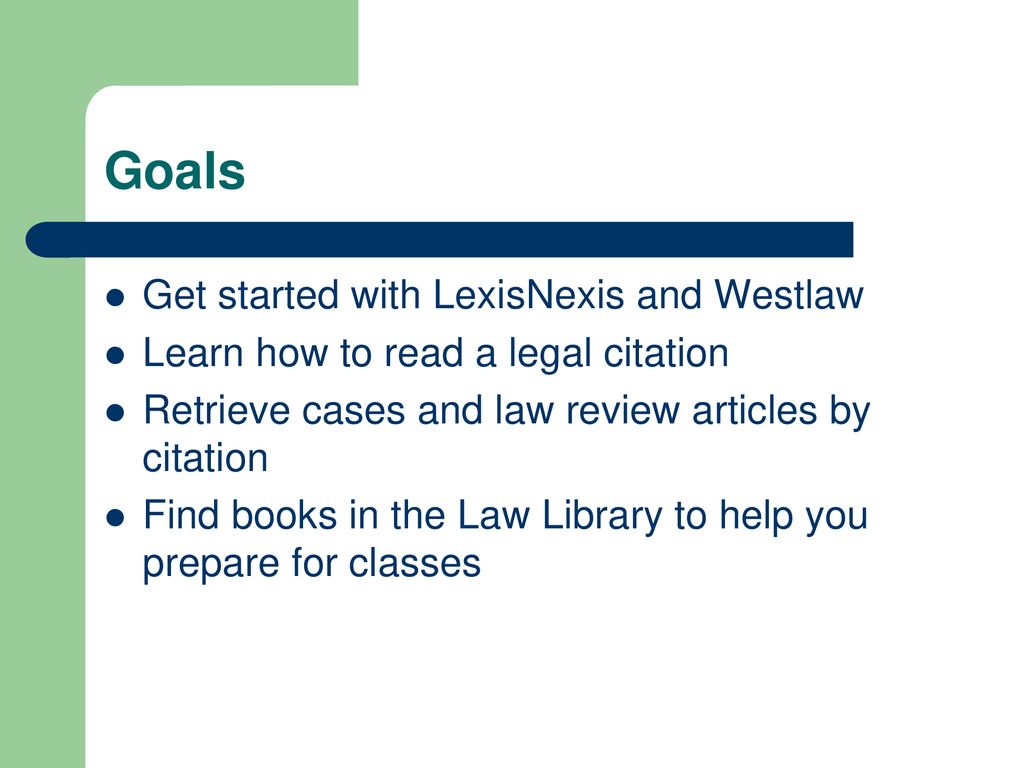How To Do Legal Research Without Westlaw Or Lexis
.png)
Legal professionals and students face increasing pressure as access to premium legal databases like Westlaw and LexisNexis becomes less feasible due to rising costs. Discovering effective methods for conducting thorough legal research without these expensive resources is now crucial.
This guide delivers practical strategies for navigating legal research efficiently and affordably, ensuring access to vital information remains possible despite budget constraints.
Free and Low-Cost Legal Databases
Google Scholar: Use Google Scholar for finding case law and law review articles. Apply advanced search features to refine your results, focusing on specific jurisdictions or keywords.
Fastcase: Fastcase offers a cost-effective alternative, providing access to a comprehensive legal library that includes case law, statutes, and regulations.
Caselaw Access Project (CAP):Harvard Law School's CAP provides free access to digitized case law, covering all published United States case law.
Utilizing Government Resources
United States Courts: Access federal court opinions and dockets directly through the U.S. Courts website. Search by case name, number, or keyword to locate relevant decisions.
State Government Websites: Most states offer online access to statutes, regulations, and court opinions. Navigate to the official government website for the relevant jurisdiction.
Congress.gov: Track legislation and access legislative history resources. Search bills, resolutions, and committee reports to understand the development of laws.
Effective Search Strategies
Boolean Operators: Refine your search queries using Boolean operators (AND, OR, NOT) to narrow or broaden your results. Experiment with different combinations to optimize search accuracy.
Keywords and Synonyms: Identify relevant keywords and their synonyms to capture a wider range of potential results. Consider related terms that might be used in legal documents.
Quotation Marks: Use quotation marks to search for exact phrases. This ensures the search engine returns results containing the specific words in the order specified.
Leveraging Library Resources
Public Law Libraries: Public law libraries offer access to legal resources, including books, databases, and research assistance. Many offer free or low-cost access.
Academic Law Libraries: Check if you can access academic law libraries at local universities, even without being a student. Many allow public access to certain resources.
Interlibrary Loan: Utilize interlibrary loan services to request materials not available at your local library. This can provide access to hard-to-find legal resources.
Practical Tips for Efficient Research
Create a Research Plan: Develop a clear research plan outlining your objectives, keywords, and resources to consult. This helps to stay focused and efficient.
Cite Checking: Always verify the accuracy and validity of legal citations. Use free citation tools to ensure compliance with citation standards.
Document Your Research: Keep detailed records of your research process, including search terms, sources consulted, and key findings. This saves time and effort in the long run.
Advanced Techniques
Explore specialized legal blogs and legal news websites for analysis and updates on specific areas of law. These can provide insights into recent developments.
Join relevant legal listservs and forums to connect with other professionals and exchange information. This can be a valuable source of expertise and resources.
Consider participating in pro bono legal research opportunities to gain experience and access to resources. These roles can help build skills and broaden knowledge.
Conclusion
Mastering alternative legal research methods is crucial in today's environment. Continuous exploration of available free and low-cost resources is vital.
The strategies outlined here provide a starting point, but ongoing adaptation and learning are essential. Stay informed about emerging resources and refine your research techniques to maintain effective legal research skills.


















